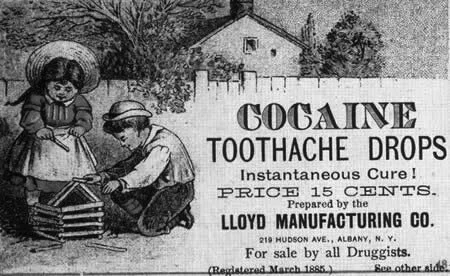The Facebook site (https://about.fb.com/news/tag/misinformation/) is full of words about the responsibility that Facebook has for advertising on their website, and how they are committed to protecting elections and increasing authenticity, transparency and accountability for advertisers to give everyone a voice on their platform with Facebook ads. MANY words. Nice words.
Facebook's recent announcement about this commitment sounds great - "We are committed to protecting elections and increasing authenticity, transparency and accountability for advertisers to give everyone a voice on our platform." Yet every time I'm ready to buy in, something happens that makes me feel like I am getting slapped upside the head once again.
Facebook goes to great lengths to highlight their commitment to combatting misinformation:
"Let’s start with fake accounts. We take a hard line against this activity and block millions of fake accounts each day, most of them at the time of creation."
"We also crack down on deceptive behavior. We’ve found that one of the best ways to fight this behavior is by disrupting the economic incentives structure behind it."
"Misinformation can also be posted by people, even in good faith. To address this challenge, we’ve built a global network of more than 80 independent fact-checkers, who review content in more than 60 languages."
And lest we are still not convinced, "Despite all of these efforts, there are some who believe that we have a financial interest in turning a blind eye to misinformation. The opposite is true. We have every motivation to keep misinformation off of our apps and we’ve taken many steps to do so at the expense of user growth and engagement."
And yet.
Today in my feed, this sponsored ad popped up:
Now the ad "Simone Facing New Allegations" caught my eye because I am a big fan of her candor over the past week in discussing the pressures she has faced, and I wondered what on earth this article could be about.
I know, I know. Just don't click. Just don't click. Just don't click.
But I did.
And I wound up here.
Which at first had a strange aura of authenticity about it. I thought, "ESPN ran this? Gosh."
[Note: I'm not going to put the actual URL in for any of these pages, because I don't want to encourage clicks.]
But then as I got into the article, it became clear that this was in fact some sort of promotion for CBD Oil. Still, the full scope of this hadn't quite dawned on me, because my first thought was, "I can't believe ESPN ran this on their site."
Which of course they hadn't. Every single supposed ink on the page goes to this snake oil ad.
Now of course there are those who will say, "These sorts of deceitful ads and the products they promote have always been with us." Which of course they have.
But not at this scale.
So what do I take away from this little adventure? Who benefitted? Who was harmed?
Well, clearly clearly Facebook benefitted. They made $25.4 billion in advertising revenue last year.
Clearly the CBD company benefitted.
Not so much Simone Biles.
Nor the ESPN brand.
Probably not me because the freaking algorithm is going to be pushing CBD at me everywhere now that I clicked.
But why does it really matter?
Because at the core, if this kind of obvious grift cannot be controlled, what on earth makes us think that Facebook ought to be at the center of our political conversations?




